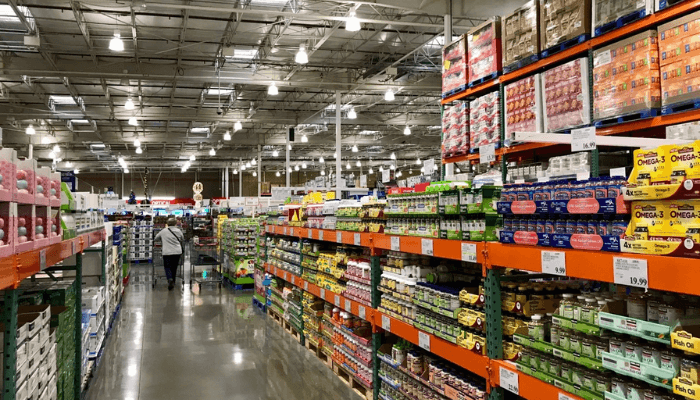Developers in Nigeria’s retail sector are changing their focus. Instead of building large shopping malls like before, many of them are now going for smaller, community malls also called neighbourhood malls or superstores. These smaller retail centres are cheaper to build, faster to complete, and more aligned with the way Nigerians now shop.
The shift is happening because big malls are struggling with many problems. Vacancy rates are high, meaning many shops are empty and not making money. For example, Novare Lekki Mall in Lagos has a vacancy rate of about 56 percent, while Jabi Lake Mall in Abuja is not far behind with about 49 percent. This is happening at a time when Nigerians are trying to save money and prefer to shop close to home. Instead of going all the way to big malls in town, they now want quick access to essential goods and services in their own neighbourhoods.
Experts say the high cost of building and maintaining large malls is also pushing developers away from them. Building a large mall in Nigeria can cost as much as $6,100 per square metre. On top of that, finding enough land like 50,000 square metres or more for such projects has become very difficult in cities like Lagos, Abuja and Port Harcourt. That is why many developers now prefer to build smaller malls that only need about 15,000 square metres or less. These are easier to manage and bring in profits faster.
Michael Chu’di Ejekam, the CEO of real estate firm Atreos, said the country’s tough economy is forcing developers to look for simpler and cheaper solutions. According to him, developers now design malls that meet local needs and still make good business sense. He explained that community malls are better suited for the current economic situation and that more developers are seeing the opportunity.
In Lagos, the effect of this trend is clear. Neighbourhood malls are springing up in places like Surulere, Ikorodu, Alimosho, Ajah and Festac. These smaller malls are supported by both Nigerian and foreign investors. Well-known retail names like Justrite, Addide, Goodie, Park ‘n Shop, Ebeano, Blenco and Bestsavers are among those expanding in these kinds of locations. They are using already existing buildings like warehouses and residential properties or building new ones to serve as community malls.
Retail experts believe these types of malls are the future of shopping in Nigeria. Many Nigerians now work from home or in hybrid situations, so they do not want to travel far just to buy groceries or basic household items. Mid-sized malls are closer to where people live, help reduce transport costs, and provide basic goods in one place. They are also easier and cheaper to plan and build, which makes them a smart option for investors.
In places like Ogun, Oyo, Delta and Anambra states, community malls are beginning to change how people shop. Developers say the idea is to bring the market closer to the people and make shopping more convenient. This is also helping create jobs for people living in these areas, from construction to retail and security work.
The Nigerian retail market is clearly changing. Developers, retailers and investors are adjusting to the reality on ground. With community malls gaining popularity, the country is moving towards a retail future that is more local, more flexible, and better suited for how Nigerians live and shop today.
